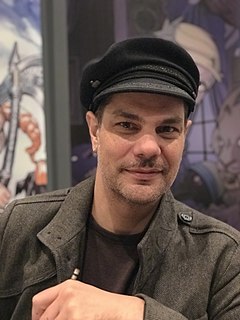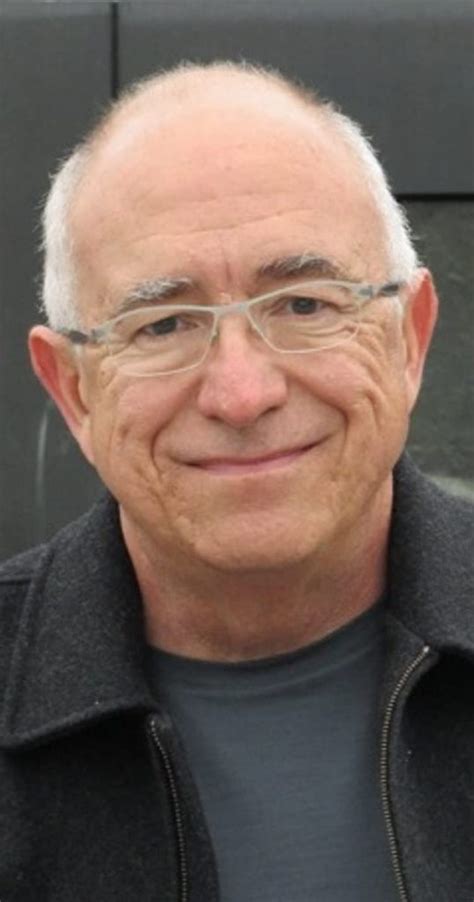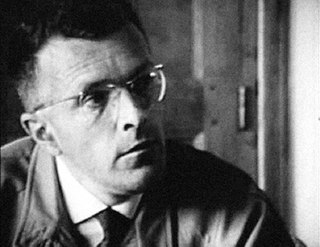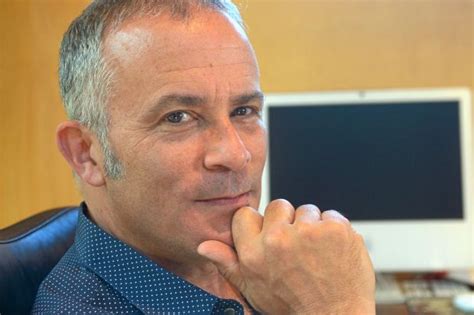A Quote by George Saunders
Stories, as much as we like to talk about them, retrospectively, as emanations of theme or worldview or intention, occur primarily as technical objects when they're being written. Or at least they do for me. They're the result of thousands of decisions made at speed during revision.
Related Quotes
Pretty much every issue that we've put out, there have been at least one or two things that really surprised me. It sounds like bullshit, but most of the stories that we've run had that effect on me. We get thousands and thousands of submissions and I don't think we've published a story yet - very few, anyway - where there wasn't something like what Mona Simpson described, where a first sentence or a first page didn't just really command attention.
I think words speak to us even though they may be written on a wall. So we hear them in our mind. We say it to ourselves. But they are also visual things. You draw them. They are designed. They are colored. They have a certain size. I put them in a certain place. So they are objects that have to be - artistic decisions have to be made in terms of the color and the size and the line and whatever.
I went back into the older stories and reworked them, because I became a better writer over the years and could spot flaws. I loved having another chance to make them stronger, and to bring them closer to me, made them less like a greatest hits compilation, and more like something written in the same extended burst.
In their zeal for particular kinds of decisions to be made, those with the vision of the anointed seldom consider the nature of the: process: by which decisions are made. Often what they propose amounts to third-party decision making by people who pay no cost for being wrong-surely one of the least promising ways of reaching decisions satisfactory to those who must live with the consequences.






































